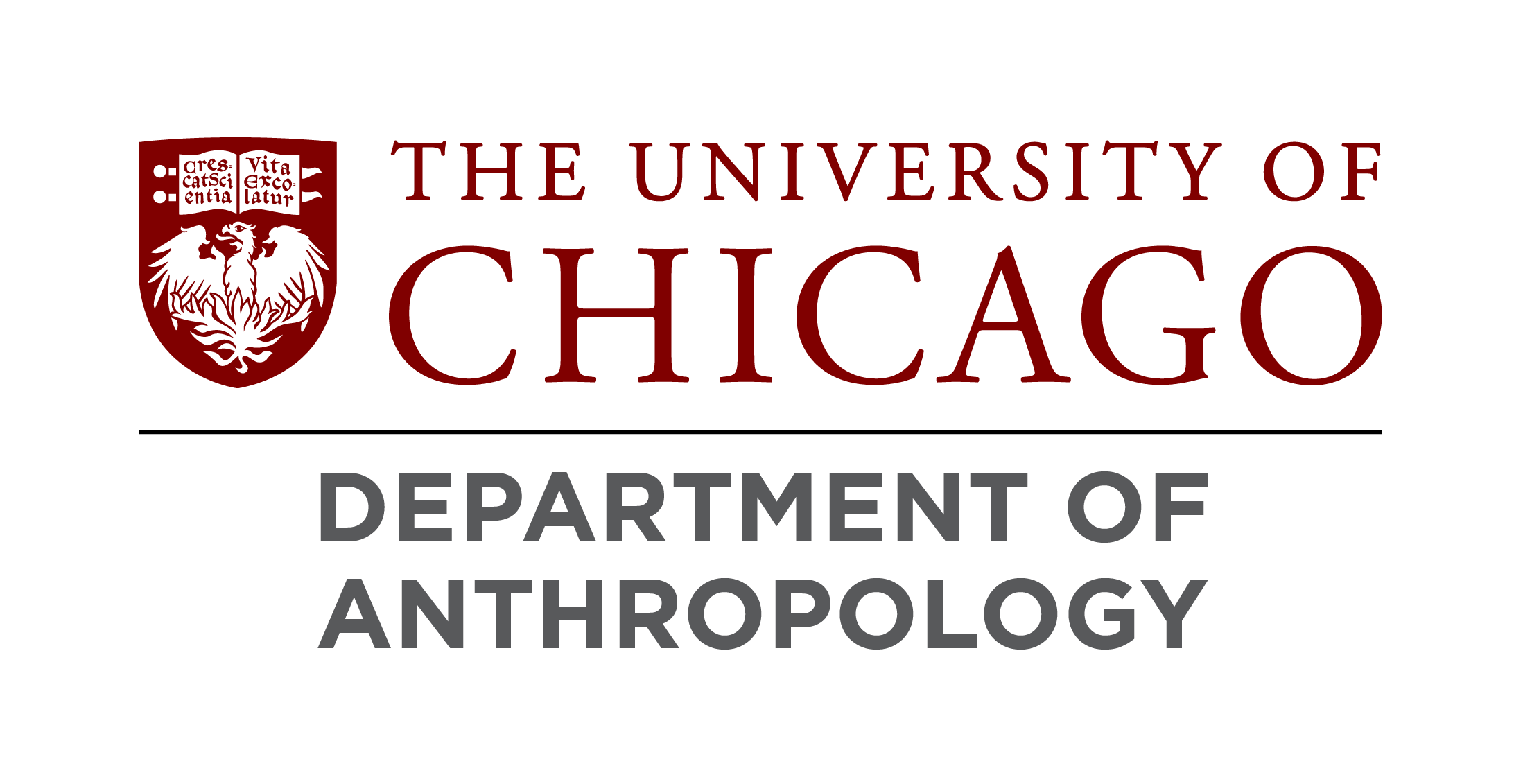Facilities
Graduate study requires robust research facilities, especially libraries, laboratories, and
computers. The University of Chicago has superb library facilities that are well suited to student and faculty scholarship. The Joseph Regenstein Library (“the Reg”) contains more than 6 million volumes and microforms as well as another 7 million manuscripts and archival pieces. Electronic holdings are very extensive and growing fast. It maintains a full range of social science and humanities periodicals and has excellent specialized collections, such as those on South Asia and East Asia, an extensive map collection, and missionary materials. “The Reg” is also a comfortable and pleasant place to work. Its reading rooms are well furnished with reference materials and numerous study carrels, and include permanent student lockers to store books and research materials. The Regenstein Library is complemented by the John Crerar Library, which houses the University’s science collections numbering more than 1 million books, 7,000 current serial titles, and a reference collection numbering 25,000 volumes. Medline, Georef, and the Science Citation Index are available on CD-Rom and online through the Crerar Library. The University of Chicago has been at the forefront of the digital revolution in library science, and offers access to a world’s worth of online archives. The Joe and Rika Mansueto Library ensures maximum availability of both digital and print resources by providing a state-of-the-art storage facility with immediate access to library holdings.
In addition to the University facilities, you may take advantage of numerous other libraries,
museums, and research centers in the Chicago area. The Newberry Library in Chicago is one of the world’s largest private research libraries; its extensive holdings include the Ayer collection of Americana. The Northwestern University Library includes the Herskovits Library, one of the finest collections for Africanist anthropology, history, literature, and political science in the country. The Center for Research Libraries (CRL), only a few blocks south of Regenstein, specializes in foreign items, including newspapers, dissertations, microforms of entire collections and archives, and is also a center for U.S. government non-depository documents. The Field Museum of Natural History Library specializes in publications from other natural history and ethnographic museums all over the world and possesses an outstanding anthropology collection.
Departmental laboratory and computer facilities, available to all students, include Windows-
compatible and Macintosh computers and multiple peripherals, as well as a media
production field kit and electronic digital video editing equipment in the department's Media
Lab. The Linguistic Anthropology Lab hosts speakers and students for informal discussions of
works-in-progress and research work process. The Linguistic Anthropology Lab also invites
established scholars to discuss how they approached their data in constructing arguments and offers practical workshops on transcription software, digital workflows, and other relevant
methodological concerns.
Archaeology labs include a ceramics laboratory featuring computer-aided microscopy, an
ethnoarchaeology and material culture laboratory, and a paleoecology laboratory with facilities for pollen, sediment, and macrobotanical analysis. Laboratory space and facilities are also available for student research in morphological paleoanthropology, African populations and paleontology, comparative functional and evolutionary morphology of the primates, and faunal analysis. The Department owns a sizable cast collection of fossil Hominoidea and other primates, osteometric equipment, dental cast collections, a large collection of preserved anthropoid specimens, and dissection facilities.
Laboratory facilities for radiography, bone chemical analysis, DNA analysis, and histology are
available through collaborative arrangements with staff in the medical school, and facilities for a variety of technical artifact analyses are available through a cooperative agreement
with Argonne National Laboratory. The archaeological, human skeletal, and comparative
mammalian collections of the Field Museum are also accessible to graduate students. A state-of-the-art linguistics research laboratory is located in the Social Sciences Research Building.
 THE UNIVERSITY OF CHICAGO
THE UNIVERSITY OF CHICAGO

